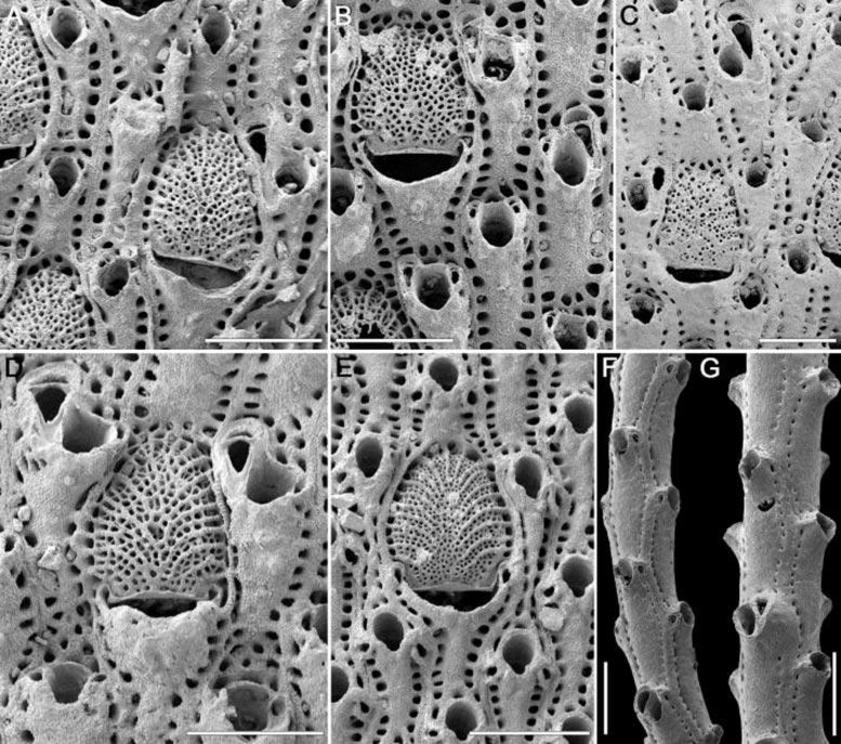Punctuated evolution theory debunked by new research
Researchers at the University of Oslo have debunked a textbook example about how evolution proceeds during speciation. Renowned paleontologist Stephen Jay Gould fronted the old theory.
Evolutionary biologists have for a long time disagreed on the rate of evolution when new species emerge. Are new species the result of gradual changes – as Charles Darwin suggested – or is evolution speeding up for short periods of time when new species evolve?
World renowned paleontologist Stephen Jay Gould (1941-2002) formulated the theory of punctuated equilibrium together with Niles Eldredge (1943-) in 1972. The theory states that species remain more or less unaltered during their existence, with major evolutionary change happening during rapid events of speciation. As evidence for this view, Gould pointed to the fossil record.
Fossils can tell scientists about what life on Earth looked like in the past. The picture shows two million year old fossils of marine organisms found on an expedition to New Zealand. Credit: Kjetil Lysne Voje/UiO
According to Gould, the fossil record typically show that species do not change significantly after they emerge, and that major changes occurred when new species appeared.
Stephen Jay Gould was one of the twentieth century’s most famous evolutionary biologists and a bestselling popular science writer. Some even claimed that Gould was the foremost biologist of his time – perhaps the greatest since Charles Darwin himself – so his words have carried a lot of weight to this day.

